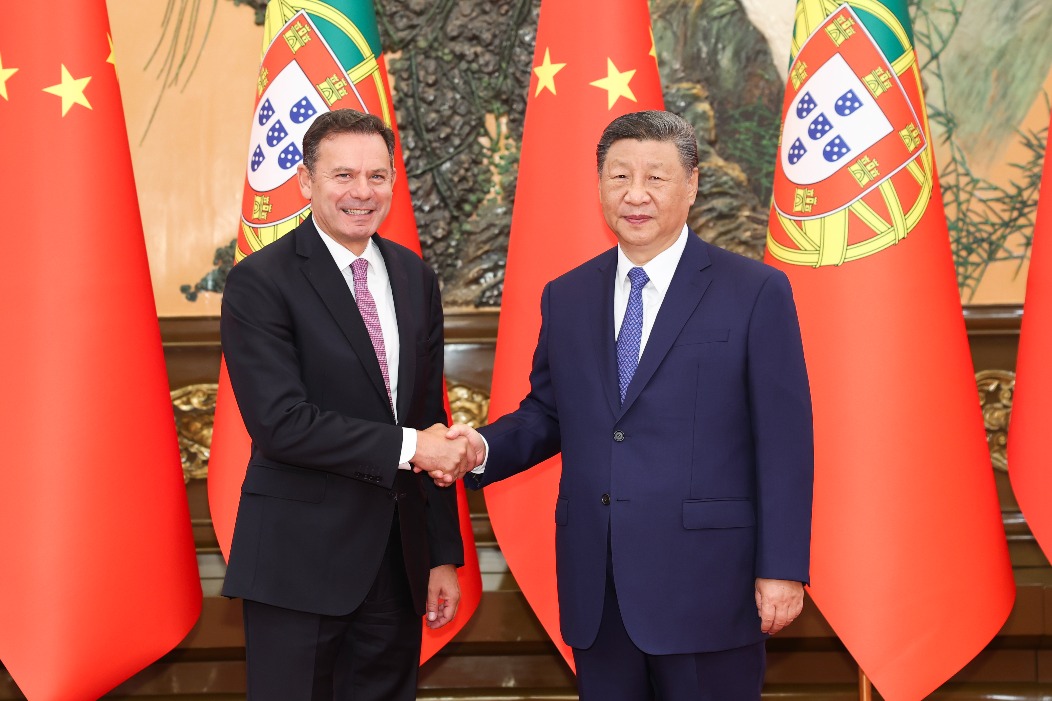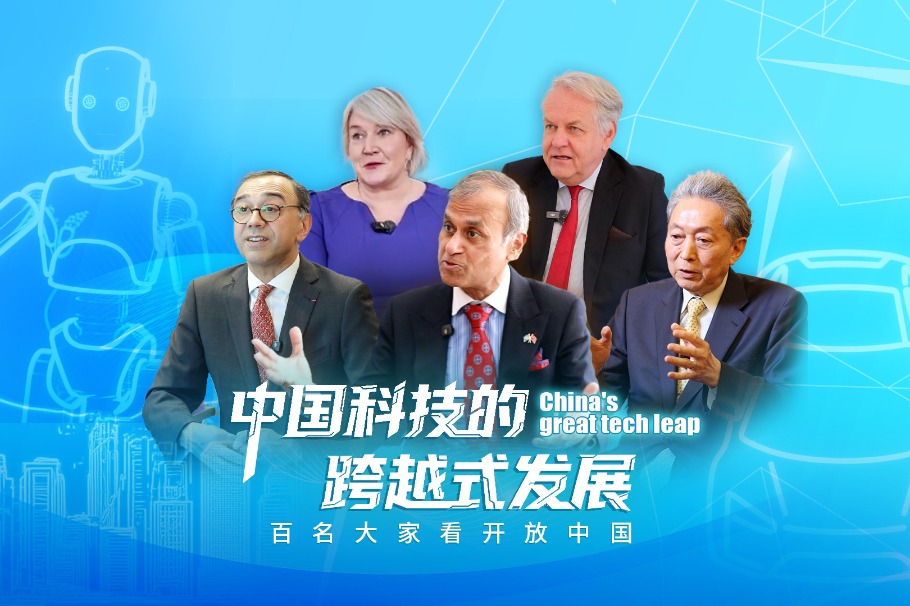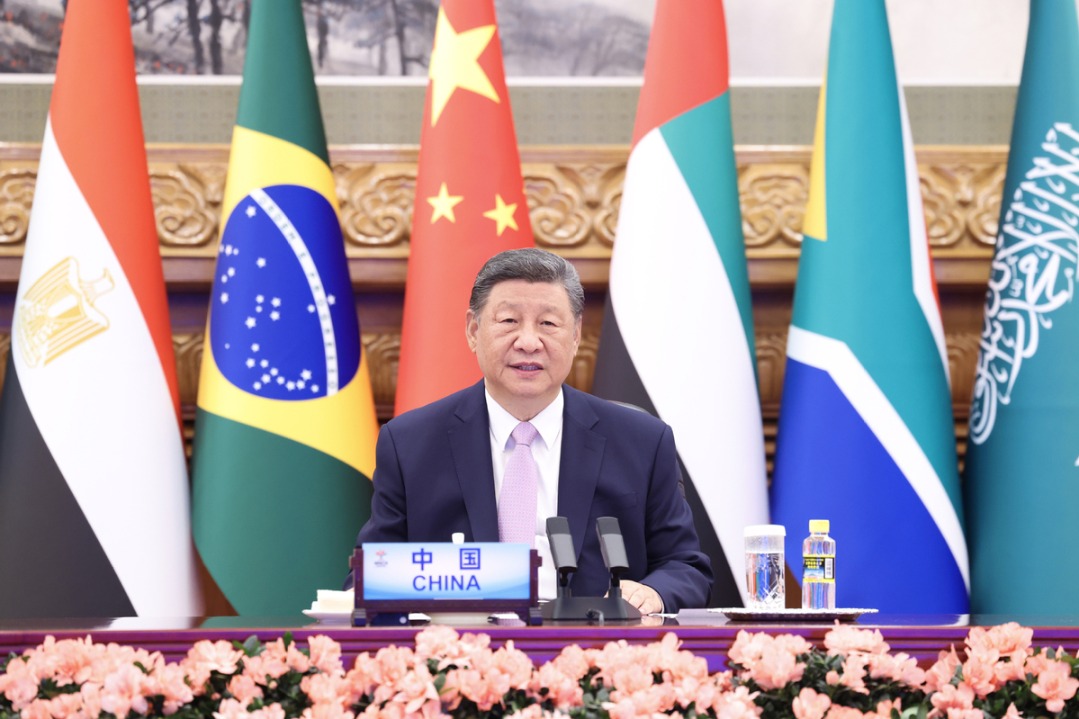India should be cautious of being pawn in US game

Editor's note: On Friday, the US president said both India and Russia seem to have been "lost" to China. However, later the same day, he softened his tone, insisting that he did not think the US had lost India to China. Below are excerpts from an analysis on Niutanqin WeChat account. The views don't necessarily represent those of China Daily.
International politics is often absurd, some moves appearing well calculated, others not so. Take the case of US-India relations.
Indian Prime Minister Narendra Modi's recent meetings with the Chinese and Russian leaders during the Shanghai Cooperation Organization Summit in Tianjin fueled criticism in the West that US President Donald Trump had committed a strategic blunder by driving India into the arms of China and Russia.
In response, while talking with reporters on Friday, Trump underlined his long-standing friendship with Modi, praising him as a "great" leader, while simultaneously indicating he was "very disappointed" with India over its continued purchases of Russian oil, which had prompted him to slap "very big" tariffs on India.
It all began with Trump's "mediation" during the India-Pakistan conflict. Trump has reiterated a few times now that he forced Modi to halt the hostilities within hours, and that because of his efforts he deserves the Nobel Peace Prize. However, India's official position is the US had nothing to do with the ceasefire, which was the result of Pakistan's initiative. Acknowledging Trump's version would amount to undermining India's sovereignty and credibility.
Now, once again, Trump has softened his tone, stressing his friendship with Modi. Modi reciprocated, praising Trump's remarks and reaffirming India and the US "have a very positive and forward-looking comprehensive and global strategic partnership".
Whether US-India relations can be repaired remains uncertain. After all, long-standing contradictions between the two sides on issues such as the trade surplus, energy procurement and geopolitical security, intertwined with emotional rhetoric and interest-driven demands, make this relationship inherently difficult to stabilize. United States officials have applied harsh rhetoric against India in the past, and New Delhi has realized that US policies are such it will treat India as a rival whenever doing so suits it.
For India, finding a balance among China, the US and Russia will help determine its future strategic direction. India needs Russian energy, hopes to improve relations with China, while also being unwilling to completely burn its bridges with the US. For the US, the challenge lies in balancing pressure with engagement and pursuing interests while saving face.
The future of US-India relations will likely continue to fluctuate. In the short term, there may be a dramatic restoration, but in the long run, the trust between the two sides has been shaken and cooperation is likely to remain superficial. India will not easily abandon its strategic ties with Russia, nor will it rashly take a stance on China-related issues merely in response to US overtures.
India has repeatedly experienced the oscillating dynamics of being both "a close friend" and "an adversary" of the US, which may lead to more cautious strategic choices in the future. Unlike the US, China has never put India in such awkward situations. How to avoid becoming a pawn in the strategic games of other nations is a question India must ponder deeply.
Today's Top News
- Xi extends congratulations to Kim over DPRK's 77th founding anniversary
- Xi meets Portuguese prime minister
- Autonomous regions making good progress on multiple fronts
- Trade fair highlights broadened opening-up
- New markets to spur foreign trade
- Global Governance Initiative a timely call






























